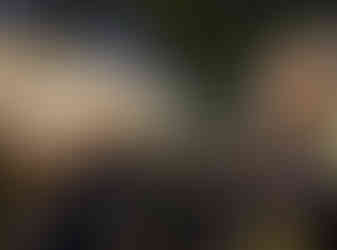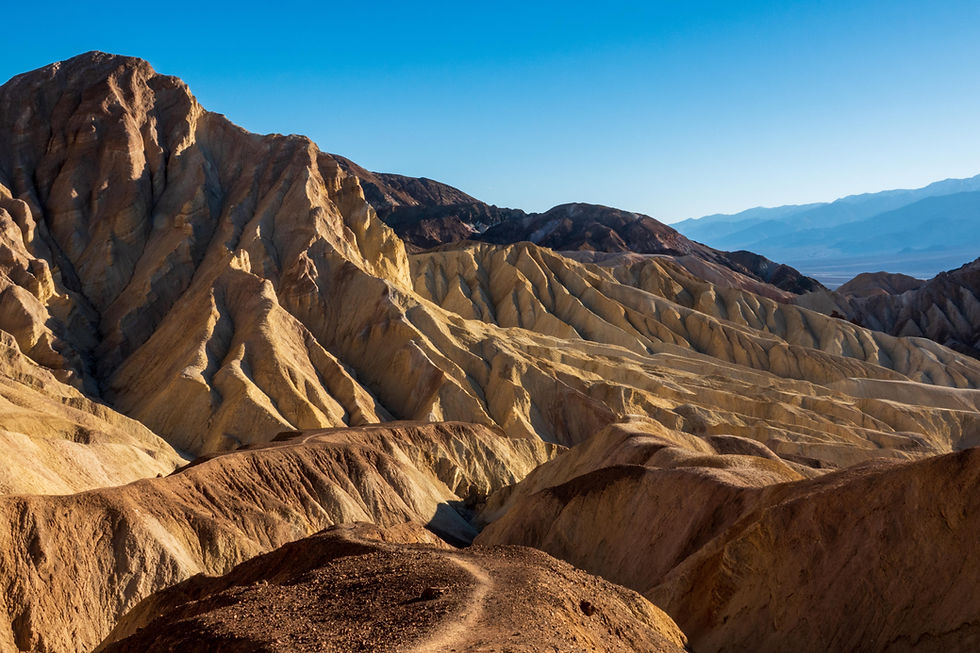你好 中国! Hello China!
- Leslie Morgan
- Apr 13, 2020
- 6 min read
This is the first in a series of posts describing my travels through China, Tibet, Hong Kong, and Cambodia.

Day 1-2, Traveling to Beijing, China
It’s finally here!!!!! I’ve been planning, getting supplies, waiting, planning some more, packing, waiting, unpacking, repacking, waiting, and double checking everything. I’m ready!!!
I’ve been wanting to travel to China for quite some time now and this itinerary is a dream. We’ll start in Beijing, then travel over the next 28 days by plane, train, boat, or bus to Xi’an, Chengdu, Tibet, the Yangtze River, Hong Kong, and then finally, Cambodia. I had to get Visas for China, Tibet, and Cambodia, but did not need one for Hong Kong. China gave me the choice of getting a 10 year visa for the same cost as a short term visa. Easy decision!
My travel companions on this trip are my parents and my sister, Lynda (Lynda and I travel together a lot). As my parents get older, I don’t know how many more opportunities I’ll have to do something like this with them, so when the question of going to China together came up, I jumped at the chance. Plus, I really wanted to go to China!

On September 24th, my parents and I flew from Las Vegas to San Francisco where we met up with Lynda. From there it was direct to Beijing--about 13 hours flight time. I was surprised by how few non-Asians there were on the plane. Probably less than 10 on a very full flight. I really expected there to be more American tourists, so I was already getting a hint of how much we would stand out in a country of 1.4 billion Chinese.
We arrived in Beijing with no problems, cruised through customs, and was met by a local guide, Mick. We would meet our main guide, Cassie, the next day, along with the rest of the small group we would be traveling with. Cassie will be with us throughout our time in China, only leaving us when we head off to Cambodia.
Language
A local guide in China isn’t a bad idea, even for seasoned travelers. Even though I tried to study up on some Chinese words and phrases before I left the states, Mandarin (the language spoken in most of China--Cantonese is spoken in Hong Kong) is one of the hardest languages to learn. Specifically, the intonations are crucial to the meaning of the word. Mā (mom), má (hemp), ma (question word), mǎ (horse) and mà (scold) all have the same pronunciation, just different accents. Plus, of course, the language barrier is made even more difficult by their use of hanzi, or Chinese characters.
I also learned that although English is being taught in schools to the younger generation, most older Chinese do not speak any English. And, to even further complicate things, there are many local dialects and they can be very difficult to understand, even for native born speakers if they're not from that area.
Pollution
Leaving the airport, my first impressions of Beijing were: 1) the pollution is out of control bad, 2) wow is it hot and humid, and 3) wow is the air polluted!

Beijing is known for its pollution. When it was awarded the Summer Olympics in 2008, one of the big stories was the pollution and how difficult it was for the athletes in some cases. This was even though China significantly cut back on the number of taxis and buses and moved some 200 factories out of the area. Although they were able to achieve a 30% reduction in air pollution, it was stilled called the most polluted games in Olympic history. Part of the reason it was so hard to reduce was that much of the pollution was drifting in from neighboring areas. Sadly, it wasn’t long after the games that a good portion of that 30% gain was erased, but they are slowly making strides in improving the air quality overall and they continue to pledge their commitment to the Paris Climate Agreement. (Interestingly, Beijing has also been awarded the 2022 Winter Olympics, making it the first city to host a Summer and Winter Games.)
One of the restrictions that was put into place in preparation for the Olympics was an odd-even license plate policy. This allowed only private vehicles whose plate numbers ended in an odd number to be on the road one day, and the evens, the next (business vehicles, buses, and taxis are exempt). This eventually became a permanent policy, so even today if you’re in Beijing, check out the license plate numbers, and you’ll immediately know if it's an odd or even day.
As bad as the pollution was on that first day, we got sooooo lucky in that it really cleared out by the next day, and you will see in my photos that we had beautiful, clear skies for the rest of our time in Beijing.
Beijing
Beijing is a city of about 22 million people and the capital of the People's Republic of China. The word "Beijing" literally means Northern Capital in Mandarin. Until 1421, the capital was in Nanjing. Yep, Southern Capital.
You may also have heard Beijing called Peking (as in Peking duck). That name started when European travelers first came to China and the southern dialect made Beijing sound more like Peking. It is not often called that anymore, but there is still the odd place around that bears the Peking name.
Beijing is one of the oldest cities in the world, dating back about 3,000 years, and you can see that mix of old and modern everywhere. There is so much to do and see there, you would be hard-pressed to run out of places to visit. It has a remarkable 7 UNESCO World Heritage Sites: The Forbidden City, Temple of Heaven, Summer Palace, Ming Tombs, Zhoukoudian, the Great Wall, and the Grand Canal. It also has a remarkable 90 universities.
Automobiles are very expensive in China, about double the price as they are in the United States. Because of this, scooters and bicycles are a very popular mode of transportation. The rental bike-sharing market has become especially popular, although the numbers have dropped off as of late.
Aside from the pollution, for a city that size, it was surprisingly clean. It was very common to see street sweepers in their orange jumpsuits sweeping the streets and sidewalks with large brooms that look like they are homemade.
The Hejing Fu Hotel
It took about 40 minutes to get from the airport to our hotel in pretty bad traffic. We are staying at the Hejing Fu Hotel, which has an interesting history. Here is a sign outside the hotel wall detailing the original tenant:

Our hotel is also in a great location, being fairly close to the Forbidden City, Tiananmen Square, and the Temple of Heaven. It is set back from the street in a quiet courtyard with a guard at the front gate entrance.

One thing we noticed right away going to our 5th floor room was that there was no fourth floor on the elevator panel. I learned that the word for 4—sì—sounds like the word for death, so it is considered unlucky. Similarly, 14 is also omitted because it sounds like “most certainly will die.”
Hutong
We had free time for the rest of the evening and Lynda, Dad and I decided to walk about 15 minutes down to a local hutong (Mom was tired from the traveling so she stayed back at the hotel). A hutong is a pedestrian street or alley that is typically residential, but this one had lots of shops and restaurants. It was very busy when we were there. We admired artists as they worked their crafts, browsed through sweet shops and souvenir stores, and watched hungrily as Peking duck was sliced up in restaurant windows.
Eventually, we were ready for dinner and we found a nice restaurant that had picture menus (really important!). They had a waiter who had some English and we were able to order a delicious dinner. As good as the food was though, I think we all agreed the best part was the ice cold Tsingtao beer. We were exhausted, and it tasted great. For dinner, I had a lamb dish that came out over a flame, Dad had a chicken dish that he supposedly ordered to be less spicy (and it was still really spicy!) and Lynda had a potato dish.
























Comments